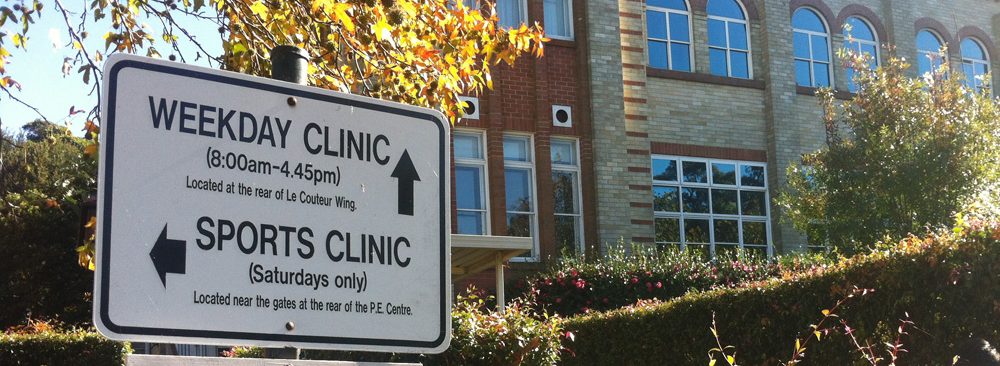Sexting, is it a crime?
Sexting is the sending of provocative or sexual photos, images, messages or videos using a mobile phone or posting online.
Sexting images may be considered child pornography.
Young people explain that they take and share such pictures for different reasons. A survey found 51% of teen girls had sent sexual messages or images due to male pressure. Some pictures were intended as private self-portraits. Some were for fun.
Teens are most at risk from people they know. In fact, the biggest threat is posed by people who are “friends” on social media.
Researchers have found that sexting covered a range of behaviors, from innocent flirtation to threatening behaviors, including harassment, humiliation, cyberbullying, stalking, coercion and even sexual assault.
For the victim it can lead to serious mental health issues such as poor self image, school avoidance, self harm, eating disorders and in some cases suicide. Remember once you send a picture you no longer own that picture. Even pictures sent on Snap Chat are not deleted and can be found with some effort.
It seems that males who sext are considered funny or pranksters while females are criticized and looked down on.
Is sexting a crime?
Sexting can be a crime depending on the age of the people sexting and whether the pictures would be considered ‘offensive’.
Under Commonwealth law anyone who sends, receives or even asks for a naked or sexual image of a person who is or appears to be under the age of 18 is at risk of being charged. It is more serious if the person is under 16 years.
For example a 15 year old girl sends her boyfriend a semi-nude photo of herself. He is committing a crime if the photo is found on his phone/computer and she has committed a crime for taking a photo and forwarding it.
Even if the young person gives permission for the photo it’s a crime. This is because in Australia, child pornography laws were designed to protect children from the abuse of adults and didn’t consider that teenagers might want to take such pictures. If found guilty of a serious sexting crime, you could be put on the National Child Offender Register.
Victoria was in the news last week as the first state to consider changing the law around sexting. It recommends that ‘minors who can legally engage in sexual relations with one another should not be regarded as child pornographers if they take a photo or video of that activity.
“However, if there is more than a two year age difference between the minor depicted in an explicit image or recording and the person who possesses it, it should be treated as a child pornography offence.”
If you receive an image that is explicit or makes you feel uncomfortable, delete it, never share and report this to a responsible adult.
If you know that an indecent image of you or a friend has been posted on the internet, you or your friend can contact the service provider, such as Facebook or YouTube, to have it removed. You can do this by visiting the safety areas of their websites and following their reporting links.
The Youth Hotline Number can give legal advice on 1800 10 18 10
Sister Margaret Bates
School Nurse






